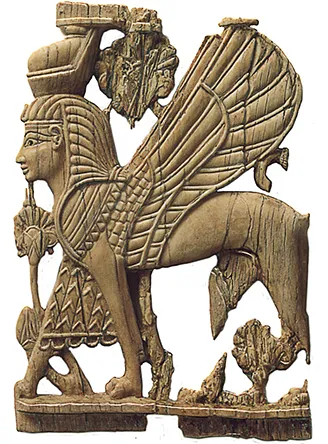Paul’s Epistle to the Hebrews, Part 18: The Walk of the Faith
Paul’s Epistle to the Hebrews, Part 18: The Walk of the Faith
Throughout the early chapters of this epistle to the Hebrews Paul sought to convince his readers that Yahshua Christ is indeed the ultimate prophet and messenger of God, citing many of the Messianic Psalms and attesting that they are prophecies of Christ as the promised Son of Scripture, the Messiah or Anointed Son through whom Israel would ultimately attain salvation. Doing this he illustrated the profession of David that this Son would belong to a priesthood other than that of Levi, and from the Genesis account he showed that this priesthood, after the order of Melchizedek, transcended the priesthood of Levi. In relation to all of these things, Paul had also cited accounts from the books of Numbers and Deuteronomy, and held up aspects of the lives of Moses, Joshua, David and Solomon all as types for Christ. And while doing this he sought to show that the entire history and purpose of the Old Testament interaction between Yahweh and Israel was to bring the children of Israel to the New Covenant in Christ, for which reason He is called in other scriptures the “lamb slain from the foundation of the world”. Then in his discourse on the faith of the Old Testament saints, Paul asserted that their actions were all in anticipation of this assurance of the faith which these Hebrews had now possessed, for which reason they must not reject their Messiah, who is the confirmation of the promises to the fathers.
Convincing the Hebrews that all of these things were so, if indeed they continued to read his epistle to this point, Paul then sought to convince them to depart from their earthly trappings under the Old Covenant and grasp the eternal inheritance assured by the New Covenant, through the perpetual propitiation offered by the transcendent Christ, which is the true substance of the Faith found in the promises to the patriarchs. But, as he illustrates by his explanation, this faith is the faith of history, and the recipients of the promises have not changed with the change in covenants. So we see in Hebrews chapter 11 that Paul extolled the ancient Israelites for turning to flight the armies of the aliens through their faith. Then in Hebrews chapter 12 he warned that those who do not stand correction fail because they are bastards, and not sons. With this illustration he upheld Esau as an example for those who lose their birthright on account of their fornication, or race-mixing, and finally he made an analogy which showed that any beast – ostensibly anyone who is not of the race of the children of Israel – who touches the mountain of God shall be destroyed.







 Please click here for our mailing list sign-up page.
Please click here for our mailing list sign-up page.








Recent comments